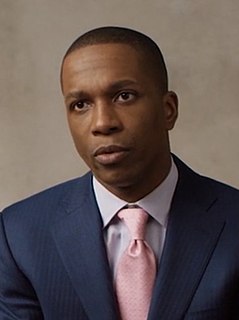A Quote by Priti Patel
Revolutions about taxation have shaped our history.
Related Quotes
History reminds us that revolutions are not events, so much that they’re processes – that for tens of thousands of years, people have been making decisions that irrevocably shaped the world that we live in today; just as today, we are making subtle, irrevocable decisions that people of the future will remember as revolutions.
However much an ideologue tries to bury [Lenin] beneath a proof by historical analysis, there is always this one man standing their on the plain of History and of our lives, in the eternal 'current situation.' He goes on talking, calmly or passionately. He goes on talking about something simple: his revolutionary practice, the practice of class struggle, about what makes it possible to act on history...not to demonstrate that revolutions are inevitable, but to make them in our unique present.
No single man makes history. History cannot be seen, just as one cannot see grass growing. Wars and revolutions, kings and Robespierres, are history's organic agents, its yeast. But revolutions are made by fanatical men of action with one-track mind, geniuses in their ability to confine themselves to a limited field. They overturn the old order in a few hours or days, the whole upheaval takes a few weeks or at most years, but the fanatical spirit that inspired the upheavals is worshiped for decades thereafter, for centuries.
Actually, if you go back to what Marx said in The Communist Manifesto over a hundred years ago, when in talking about the constant revolutions in technology, he ended that paragraph by saying, "All that is sacred is profaned, all that is solid melts into air, and men and women are forced to face with sober senses our conditions of life and our relations with our kind." We're at that sort of turning point in human history.
Before, revolutions used to have ideological names. They could be communist, they could be liberal, they could be fascist or Islamic. Now, the revolutions are called under the medium which is most used. You have Facebook revolutions, Twitter revolutions. The content doesn't matter anymore - the problem is the media.
In the political, the social, the economic, even the cultural sphere, the revolutions of our time have been revolutions "against" rather than revolutions "for"... On the whole throughout this period the man--or party--that stood for doing the positive has usually cut a pathetic figure; well meaning but ineffectual, civilized but unrealistic, he was suspect alike to [by both] the ultras of destruction and the ultras of preservation and restoration.

































